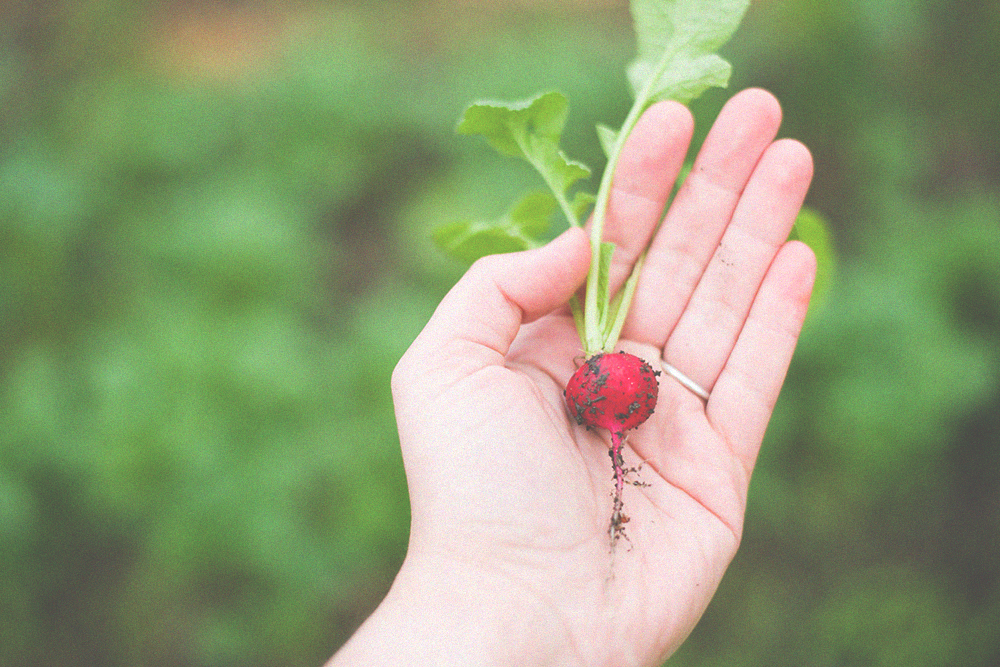Growing your own food allows you to have a natural appreciation for how you nourish your body’s health. If you’re thinking about starting your own garden, here are some helpful tips on how to get it done.
BY: MARCY GASTON, MS, RD, CD
When you plant a garden, your life changes for the better. This is the moment you realize that you are a gardener and can grow a colorful array of food. Seeing food start from a tiny seed to a full-fledged plant offering vital nutrients to you and your family is a rewarding experience. Your garden, the epitome of local food, has brought you even closer to your food.
You know where it came from and how it was grown.
This is your food — wholesome, nutritious, and fresh. In this spirit, if you are looking to start a garden but the whole thing seems daunting, here are a few quick tips to keep in mind:
1. Start small if you are new to the whole thing.
Go with raised beds at first to see how well you can manage a garden.
2. Plant items that you actually want to eat.
If you’re not the biggest fan of a vegetable, or you like it but easily grow tired of it when there’s too much of it, don’t grow it in your garden.
3. Buy a combination of plants and seeds.
Some plants like to start indoors (like broccoli, cauliflower, and tomatoes) while others can have their seeds sown directly into the garden soil (like beans, carrots, cucumbers, and squash).
4. Know what grows best for your climate.
Find out your growing zone here. This will help determine which veggies to plant and when it is best to get started.
5. Find a great local nursery.
The local nursery will be able to offer advice on growing plants in your zone/area.
6. No yard? Consider using containers.
You can grow quite a few different veggies in containers as long as they are deep enough and get enough sun. Cherry tomatoes, peppers, herbs, lettuce, and strawberries in containers can all be successfully grown.
7. Place your garden in a spot that receives at least 7-8 hours of sunlight per day.
Your garden will not grow unless it gets sun.
8. Water the garden in the morning.
If the day is hot and sunny, water twice – once in the morning and once in the evening.
9. Keep notes about your garden.
Pay attention to what grew best and what did not. This will help you plan for the following year.
Marcy Gaston, MS, RD, CD is a private practice dietitian and chef based in Whidbey Island, WA. With a focus on integrating cooking and sustainability, Marcy guides individuals towards healthy eating habits that mutually support the food system in order to protect future generations to come.

